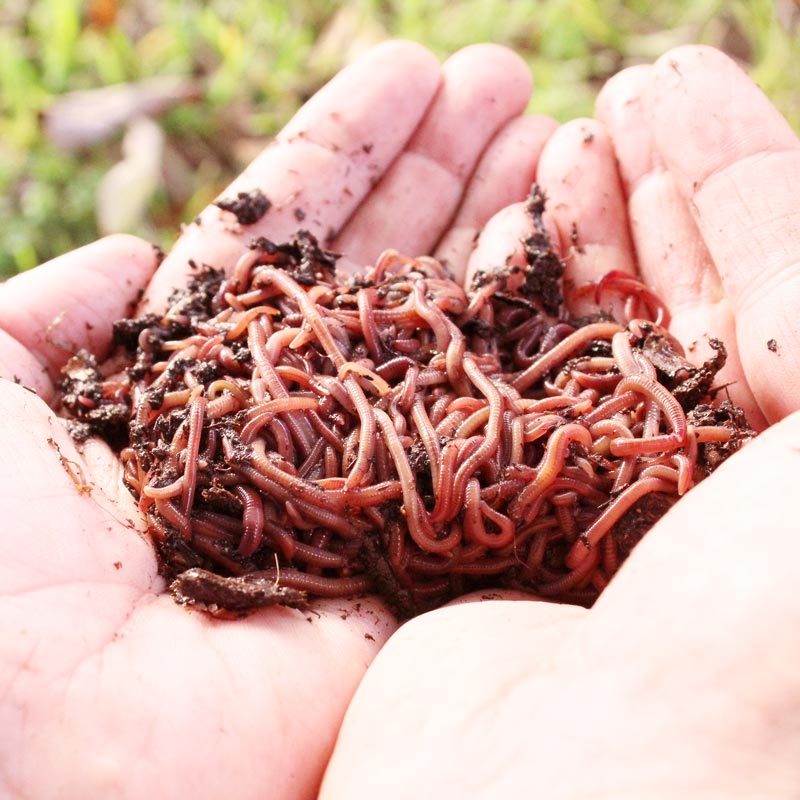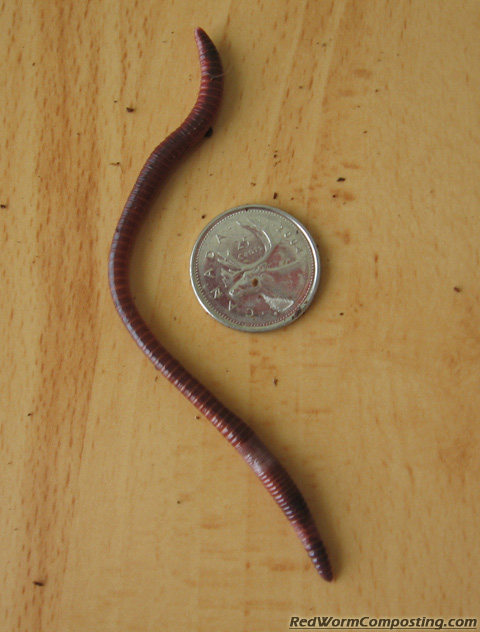Comprehensive Lawn Care Products from Red Wiggler Express
Comprehensive Lawn Care Products from Red Wiggler Express
Blog Article
Unlock the Tricks of Red Wigglers: Your Overview to Composting Success
The combination of red wigglers into composting techniques offers a considerable opportunity for boosting dirt health and wellness and promoting sustainability. Recognizing their demands and habits is essential for maximizing their capacity, from establishing up a proper worm bin to feeding them the appropriate products.

What Are Red Wigglers?
(Red Wiggler Express)Red wigglers, medically called Eisenia fetida, are a varieties of earthworm mostly utilized in composting as a result of their exceptional ability to decay raw material successfully. These worms are defined by their reddish-brown coloration and a fractional body, generally gauging between 3 to 4 inches in size. Unlike various other earthworm varieties, red wigglers flourish in abundant, organic settings, making them perfect for vermicomposting systems.
Indigenous to North America, they are often discovered in decaying fallen leaves and compost heap, where they play a critical function in nutrient recycling. Their adjustment to living in a moist, cardiovascular setting enables them to take in huge quantities of organic waste, damaging it down right into nutrient-rich castings that enhance soil health and wellness.
Red wigglers reproduce rapidly, with a solitary worm capable of creating several cocoons each week, each including several hatchlings. Comprehending the biology and habits of red wigglers is necessary for optimizing their potential in composting applications.
Benefits of Using Red Wigglers
Utilizing the power of red wigglers in composting provides various benefits that enhance soil health and advertise lasting waste monitoring. These exceptional microorganisms effectively break down raw material, transforming cooking area scraps and yard waste into nutrient-rich vermicompost. This finished item is incredibly valuable for plant development, as it enhances soil structure, boosts wetness retention, and improves nutrient availability.

(Lake Hickory Bait)Furthermore, the presence of red wigglers in your composting system can increase the composting process, producing high-grade garden compost in a fraction of the moment compared to conventional methods. The spreadings produced by these worms are additionally brimming with beneficial microbes that even more improve the soil ecological community.
Establishing Your Worm Container
Creating an efficient worm bin is a simple procedure that can substantially enhance your composting efforts. The primary step is picking an appropriate container. Worm containers can be made from plastic storage containers, wood boxes, or commercially offered worm bins. Make certain the bin has appropriate drainage and air flow openings to maintain ideal dampness levels and air flow.
Following, prepare the bed linens material, which works as the worms' habitat. read the full info here A mix of shredded newspaper, cardboard, and coconut coir works well, supplying a comfortable environment for the worms. Go for a bed linens deepness of concerning 4-6 inches. Moisten the bedding gently, ensuring it resembles a damp sponge without excess water merging at the base.

Feeding Your Red Wigglers
To guarantee the health and performance of your red wigglers, it is vital to supply them with a well balanced diet regimen that satisfies their nutritional requirements. Red wigglers flourish on a varied range of natural products, which not only provide essential nutrients but additionally promote efficient composting.
Begin by incorporating cooking area scraps such as vegetable peels, fruit cores, and coffee premises. Avoid citrus fruits, onions, and garlic, as these can be destructive to worm health. In addition, introduce shredded paper, cardboard, and completely dry leaves to produce a well-aerated environment.
Feeding frequency need to be kept an eye on; usually, worms can take in half their body weight in food weekly. It is crucial to prevent overfeeding, as excess food can cause unpleasant odors and attract pests. A great technique is to add food in percentages, enabling worms to refine it prior to presenting a lot more.
Preserving dampness degrees is also essential; the bed linens needs to perspire however not soggy. Be sure to consistently check the temperature and pH levels of the container to make certain an optimal environment for your red wigglers, ultimately improving their composting effectiveness.
Harvesting and Using Garden Compost
A successful composting process with red wigglers finishes in the abundant, dark garden compost referred to as vermicompost, which can considerably enhance soil wellness and plant development. Gathering this nutrient-dense material commonly takes place every 3 to six months, depending on the dimension of your system and the quantity of organic matter being refined.
To gather, gently different the compost from the worms and any undecomposed products. One efficient method entails relocating the contents of the container to one side and adding fresh bed linens and food to the void, encouraging the worms to move. After a couple of days, the compost can be accumulated from the opposite side.
It is essential to use vermicompost appropriately to maximize its benefits. By including vermicompost into your gardening routine, you not only recycle natural waste yet also produce a thriving community that supports lasting horticulture practices.
Final Thought
In summary, red wigglers serve as extraordinary allies in composting initiatives, changing natural waste right into nutrient-rich vermicompost. By recognizing the optimum problems for their environment, feeding demands, and compost harvesting methods, gardeners can improve soil health and promote plant vigor.
Report this page